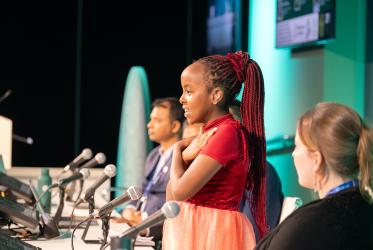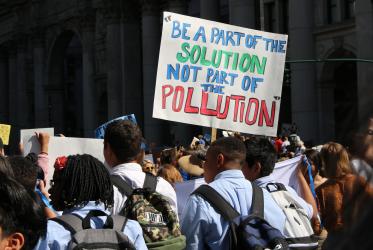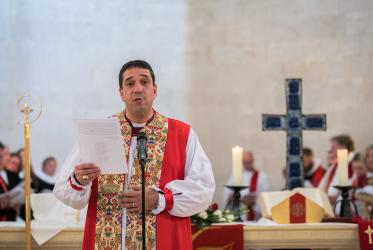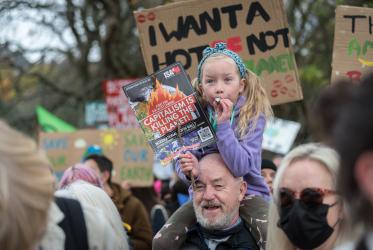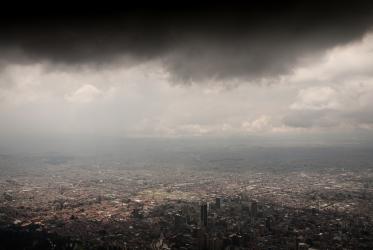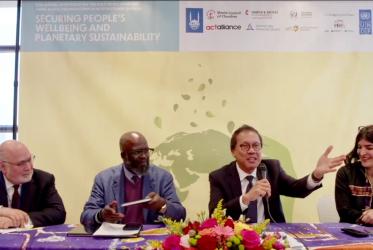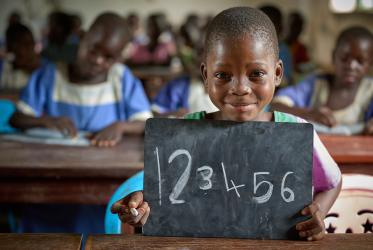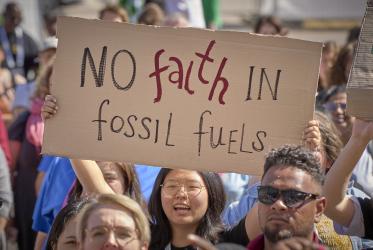Displaying 1 - 20 of 185
What can churches do to prevent modern slavery?
22 February 2024
As UN assembly opens, prayers for children and young people
20 September 2023
Toolkit nurturing spiritual development of children to be launched
16 November 2022
Ukraine: Responding to humanitarian need
08 September 2022


